Africa Centre of Excellence in Coastal Resilience |  University of Cape Coast
University of Cape Coast
Image
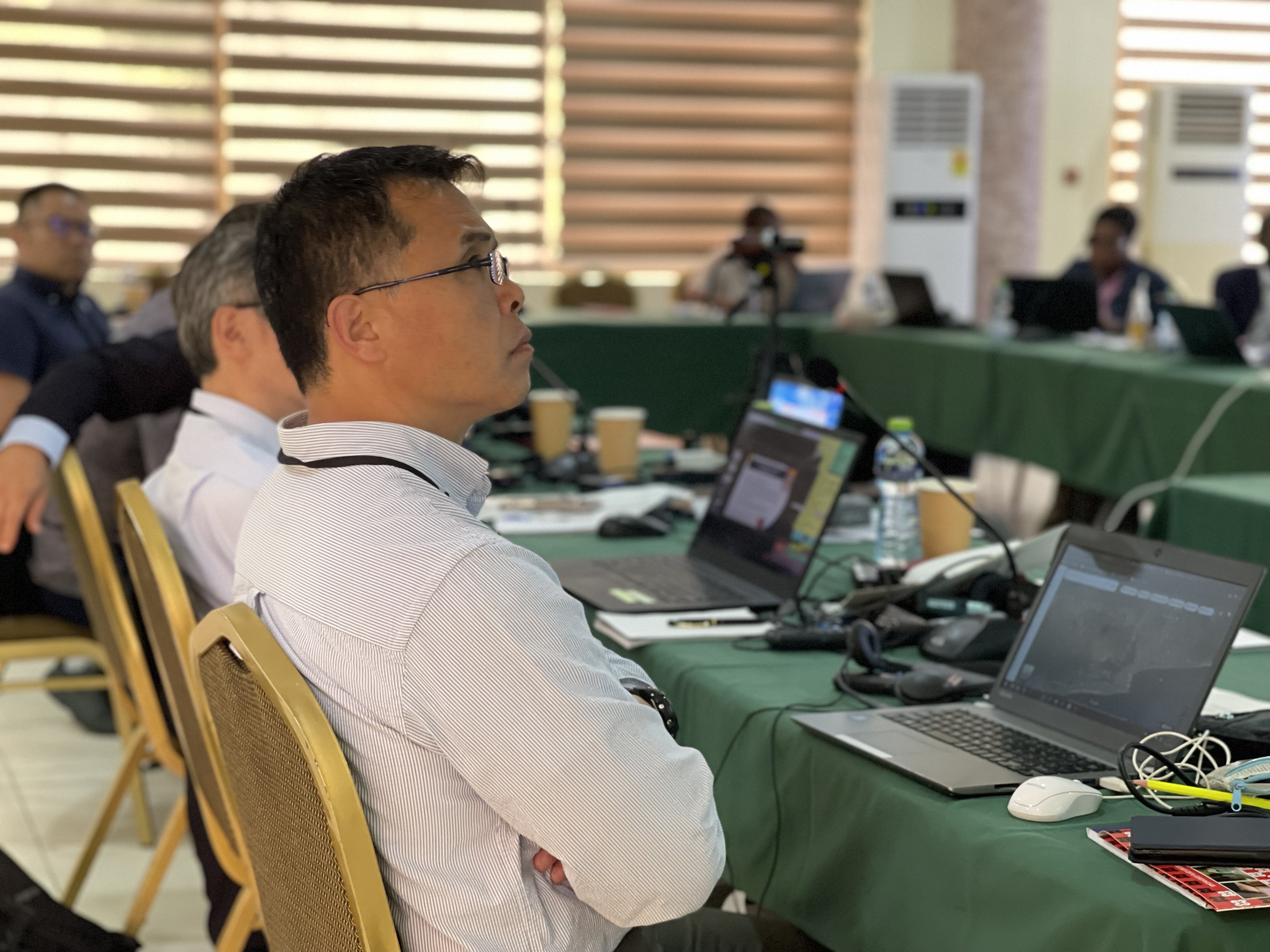
Posted On
Tuesday, May 23, 2023 - 09:44
Body
The Infrastructure Development Institute, Japan in collaboration with the Africa Centre of Excellence in Coastal Resilience (ACECoR), University of Cape Coast with the support of the World Bank has organised a short course on Coastal Management through the Integrated Sediment Management Approach.
The workshop is in line with an existing partnership that aims at leveraging the expertise of both the IDI and ACECoR to provide West African countries with technical expertise and solutions to coastal degradation, by supporting capacity building in West Africa over the medium to long term with knowledge exchange, dialogue, joint research and studies, partnerships, and dialogue mechanisms.
The five-day workshop is being attended by researchers, government staffers and students from West African countries who are working on issues related to coastal management, especially coastal erosion.
In his opening remarks, the Director of ACECOR, Prof. Dennis Aheto, explained that ACECoR and IDI have signed a Memorandum of Agreement (MoA) under the West Africa Coast Areas Management Program (WACA) to groom the next generation of innovators.
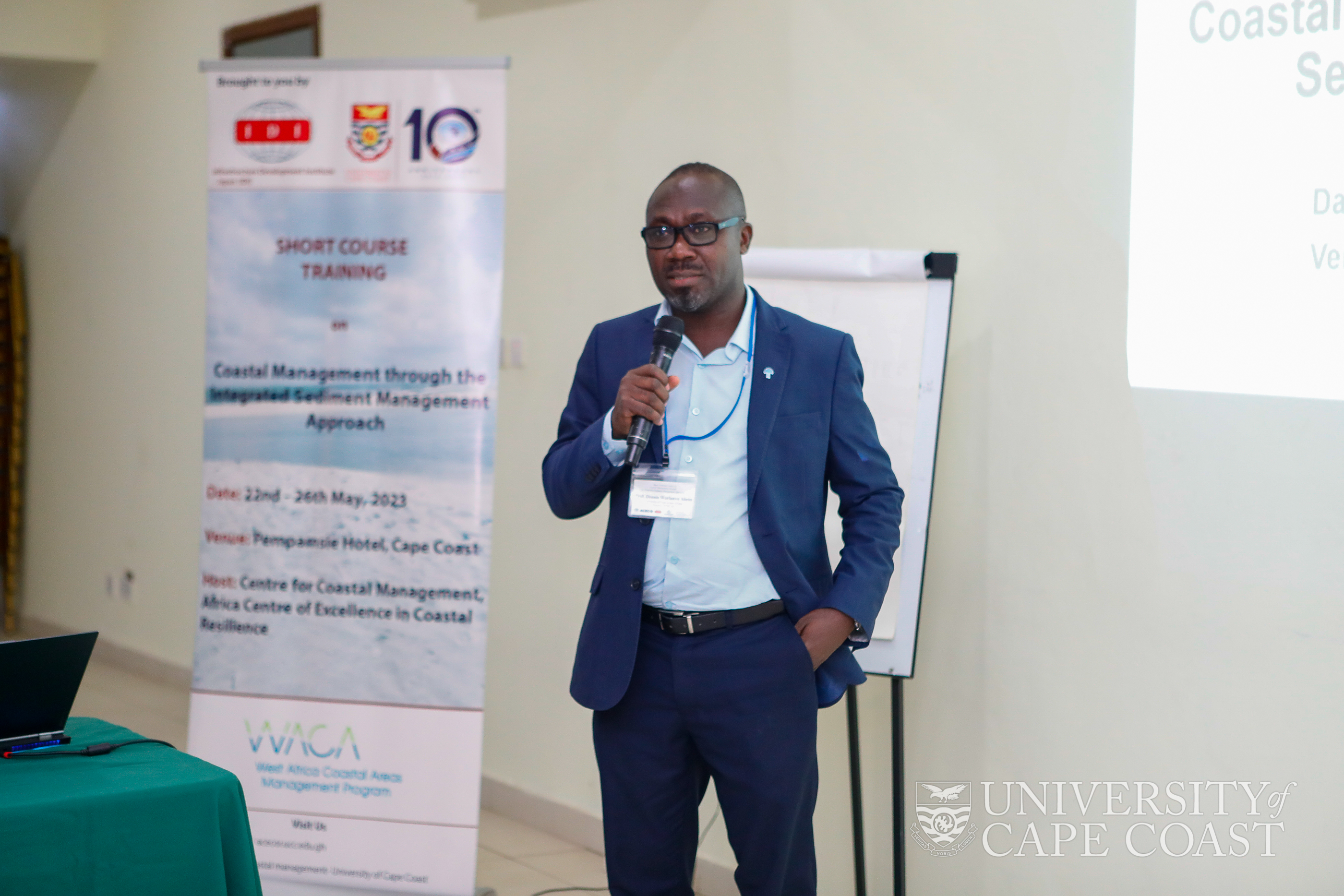
He urged the participants to take full advantage of the five-day training session to learn as much as they could to further build their capacity on Coastal Management through the Integrated Sediment Management Approach.
Prof. Aheto explained that the Centre has been mandated by the University to run short courses such as Climate Change Adaptation and Mitigation in Coastal Areas; Fisheries Management; Geographic Information Systems and Integrated Coastal Zone Management, amongst others.
“In the last four years we have published about 80 research articles and trained nearly 400 professionals across Africa,” Prof. Aheto added.
In addition to the short courses, Prof. Aheto indicated that ACECoR was at the forefront of deepening academic work by introducing postgraduate programmes in Coastal Management with students from 15 African countries.
“Quite recently we have introduced a programme Blue Economy, Governance and Social Resilience which is the first of its kind in Africa,” he stated.
Explaining the rationale for the workshop, Professor Yoshimitsu Tajima said it was to build the capacities of participants in best practices on sediment management from Japan, West African countries and other parts of the world.
Prof. Tajima said the workshop was also to help participants understand coastal erosion and other environmental issues in the coastal areas from the perspective of integrated sediment management.
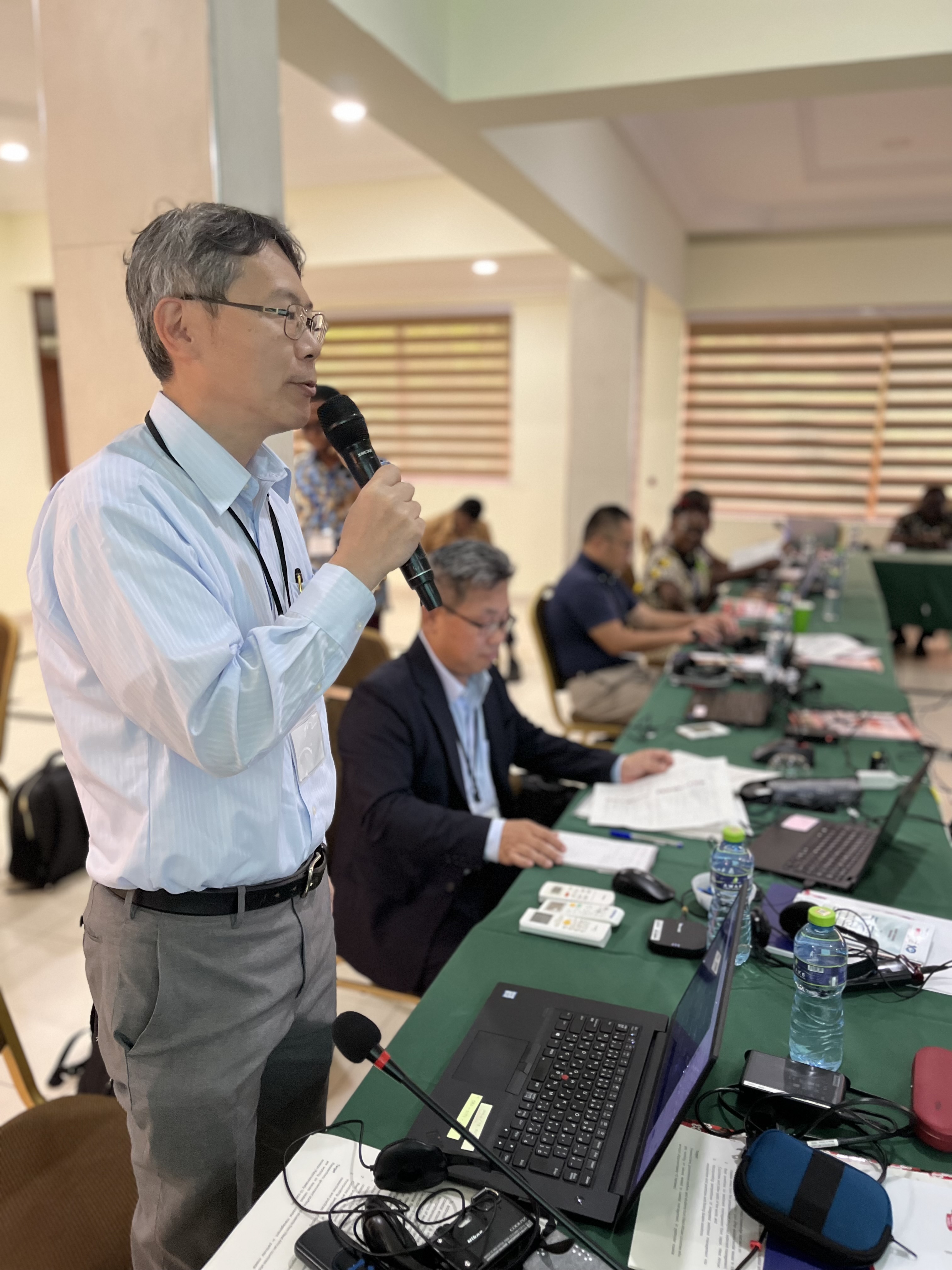
He further indicated that the short course would equip participants with the knowledge to incorporate the perspective of integrated sediment management into research works and practices and find doable solutions.
The short course was a blend of in-person and virtual participation.
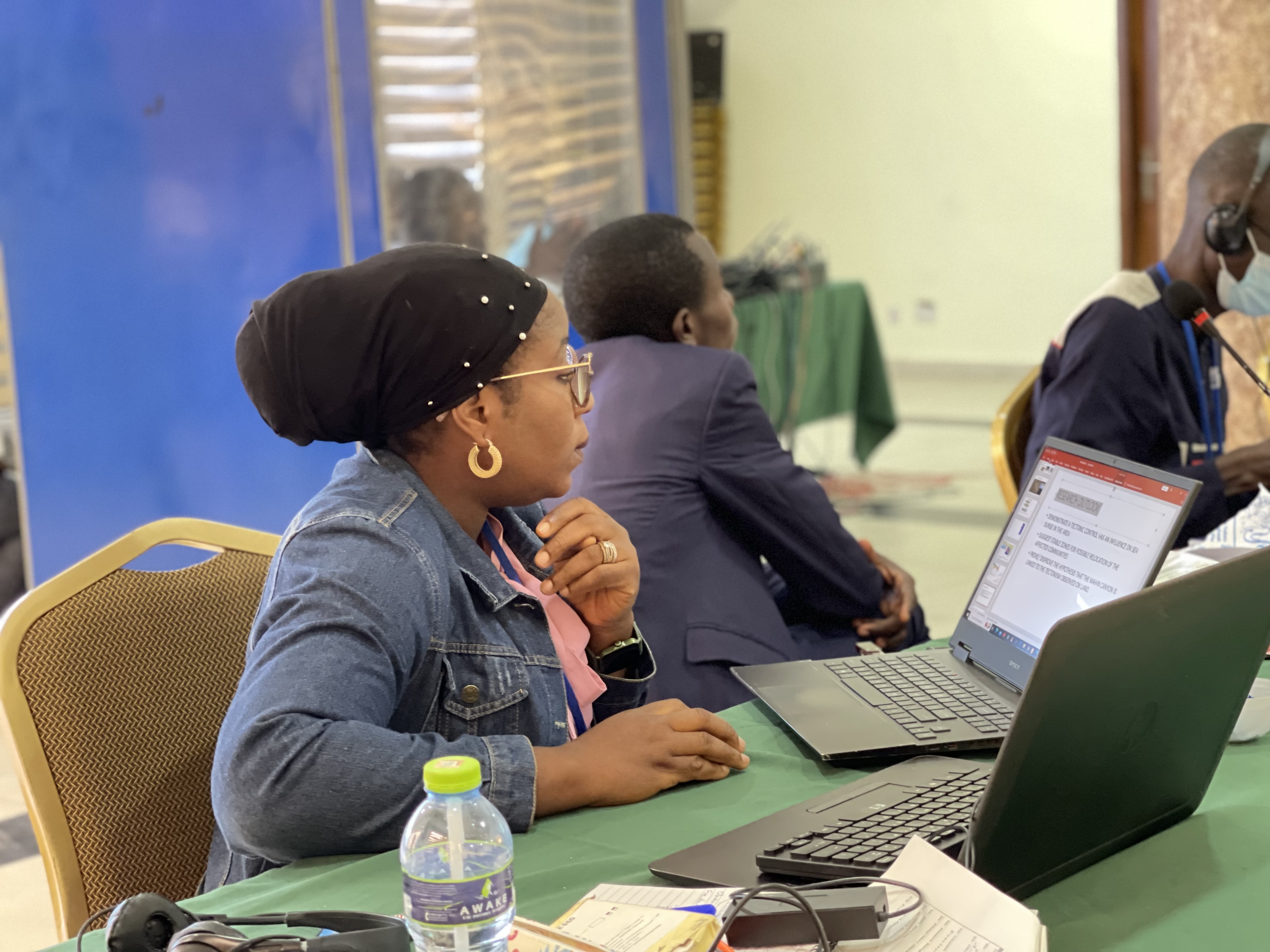

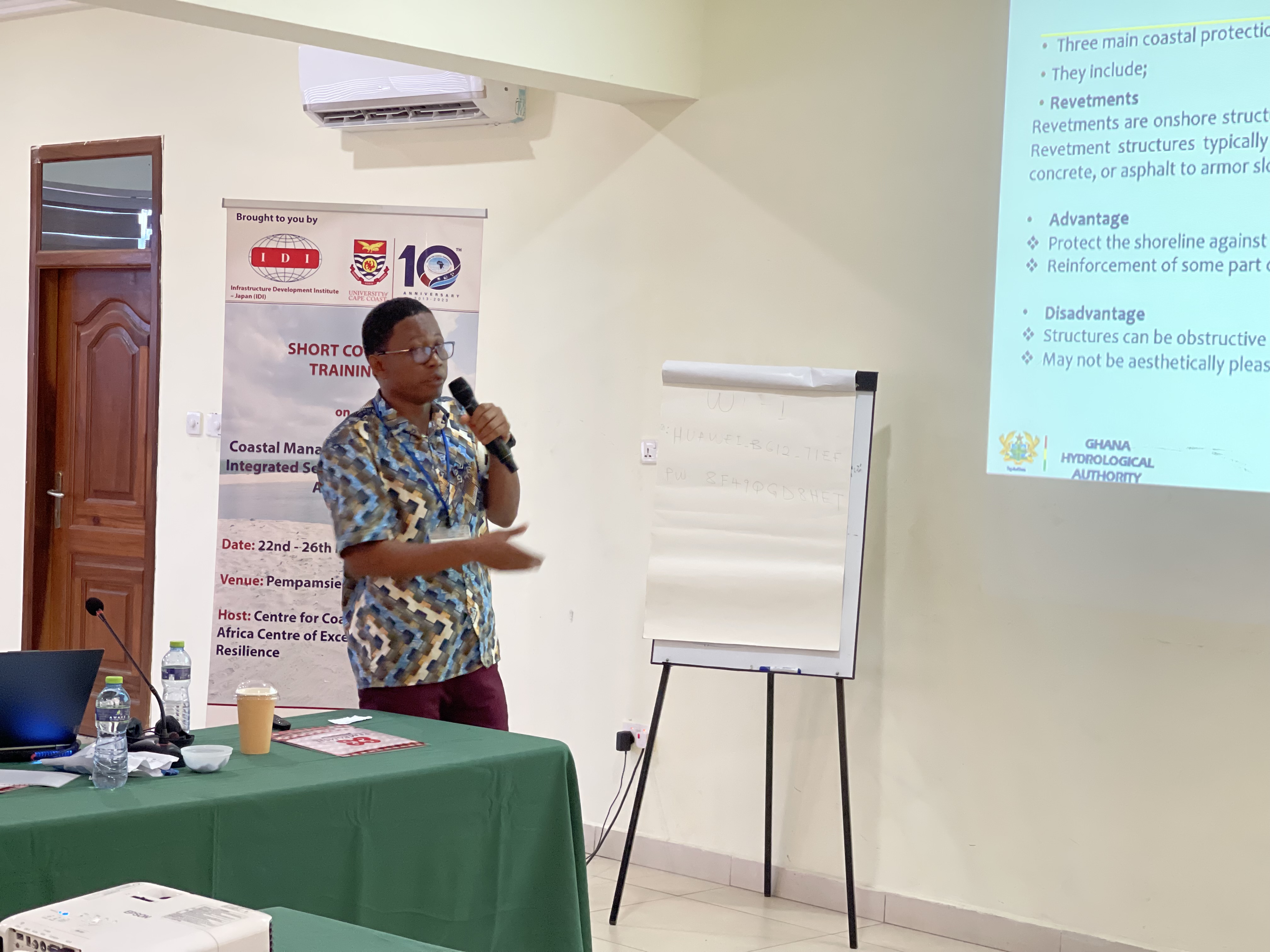

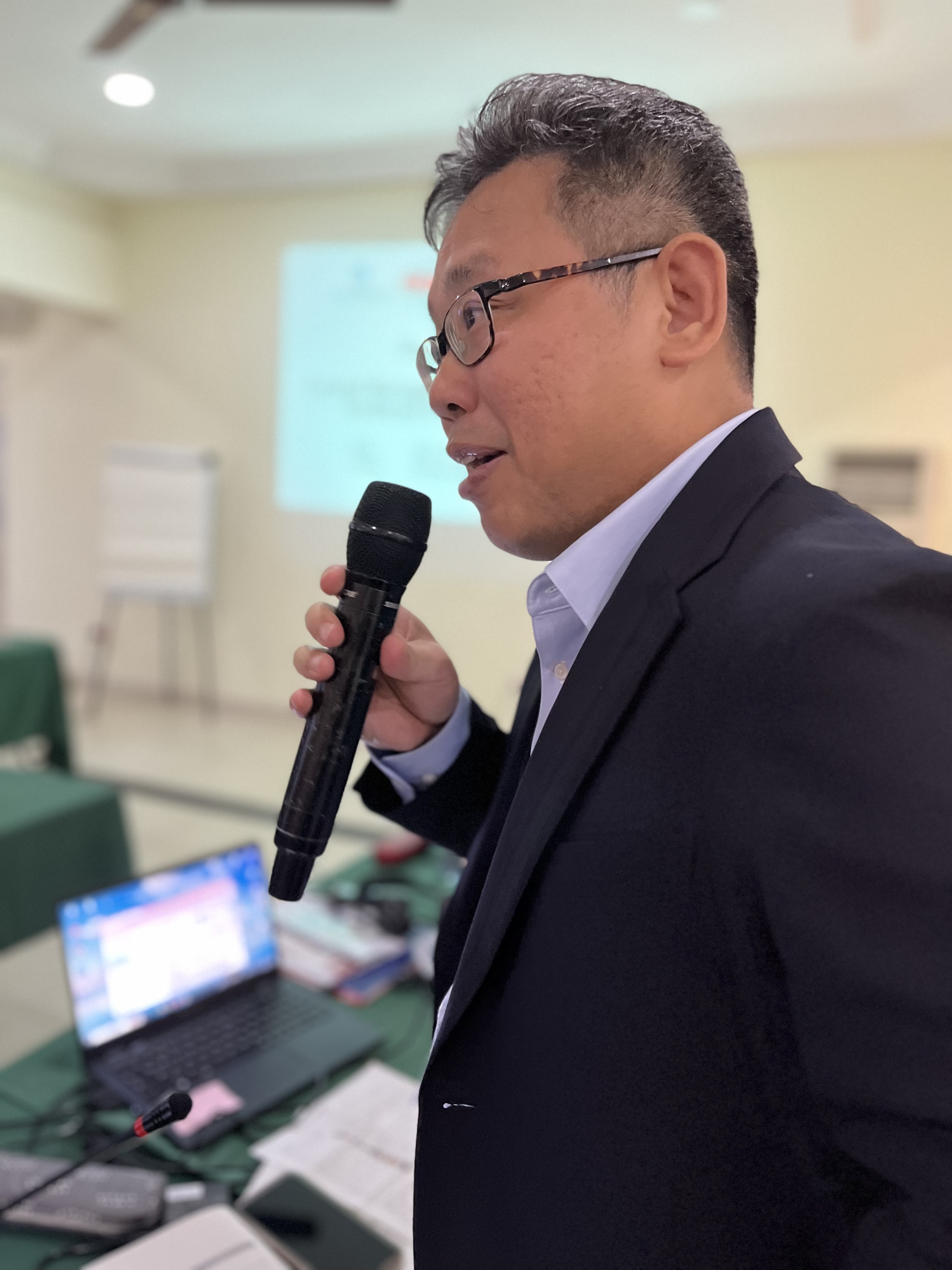
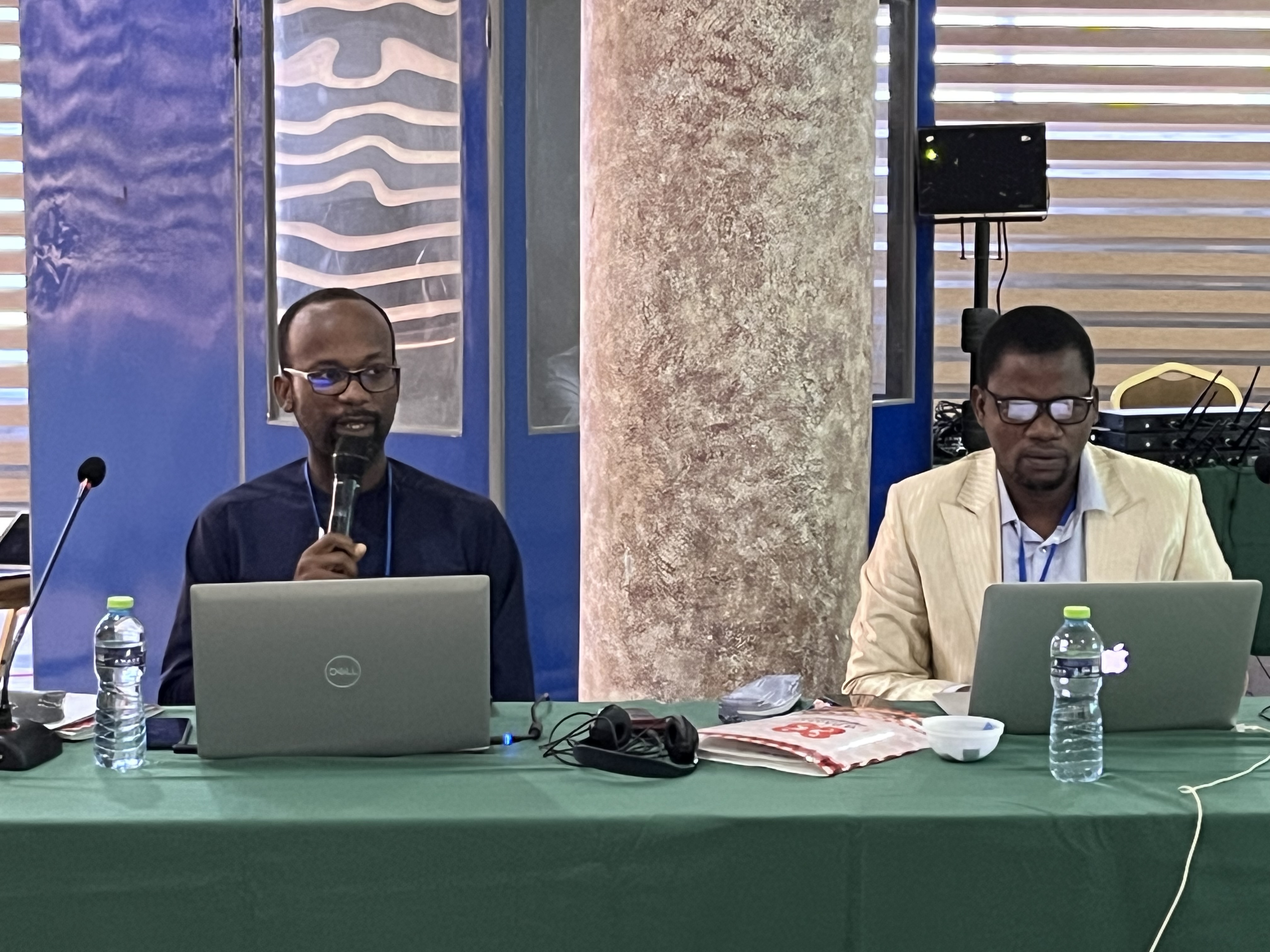
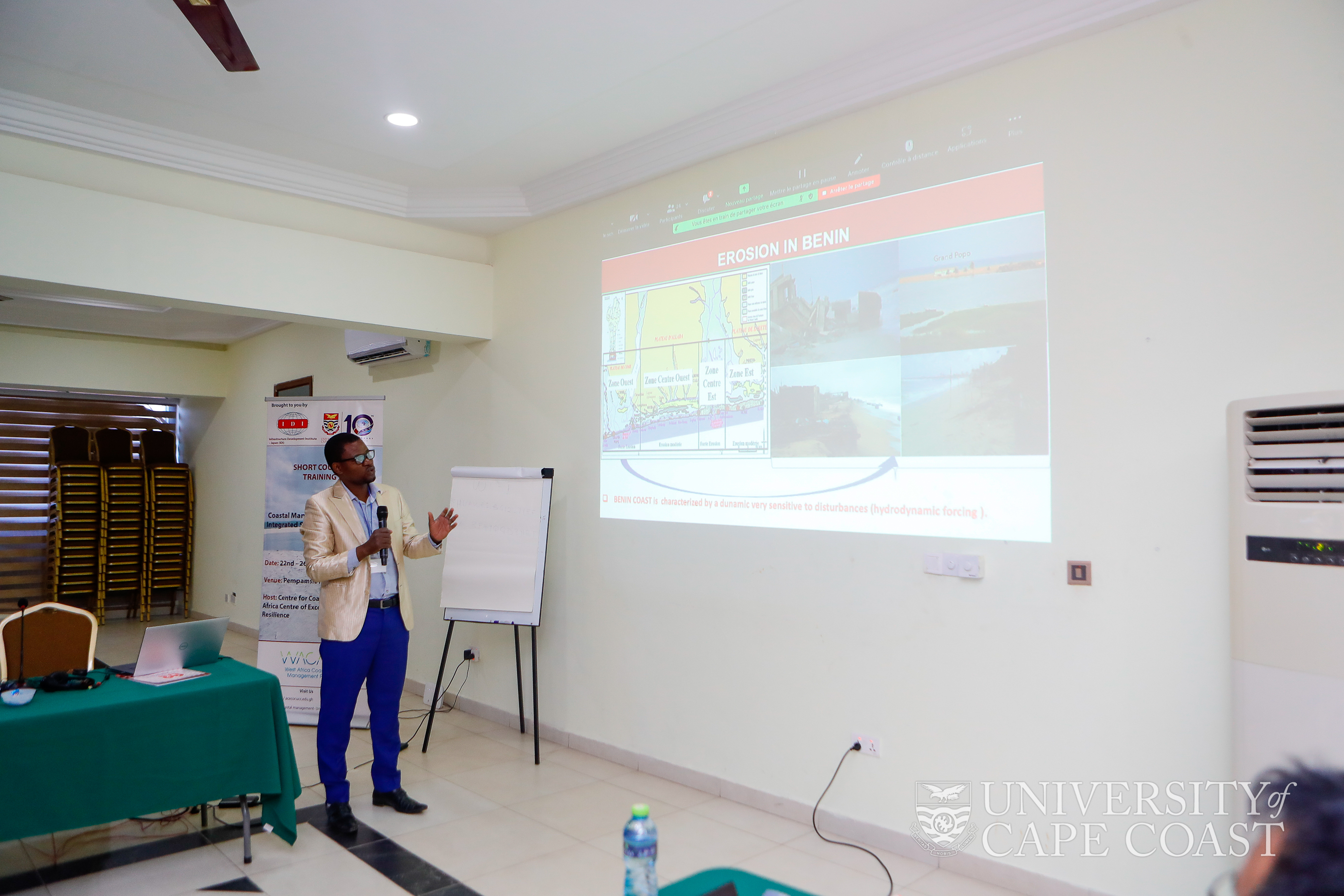
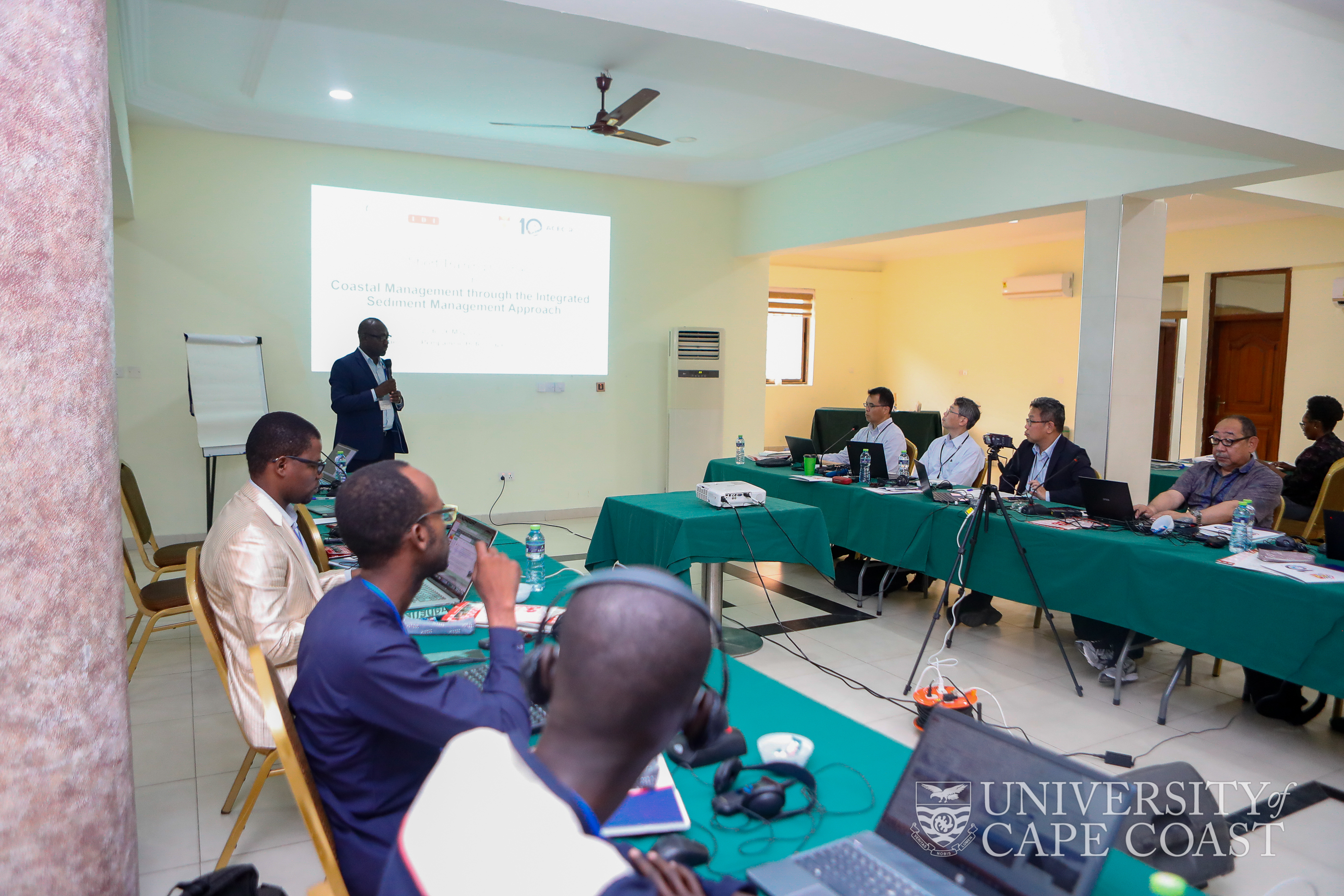
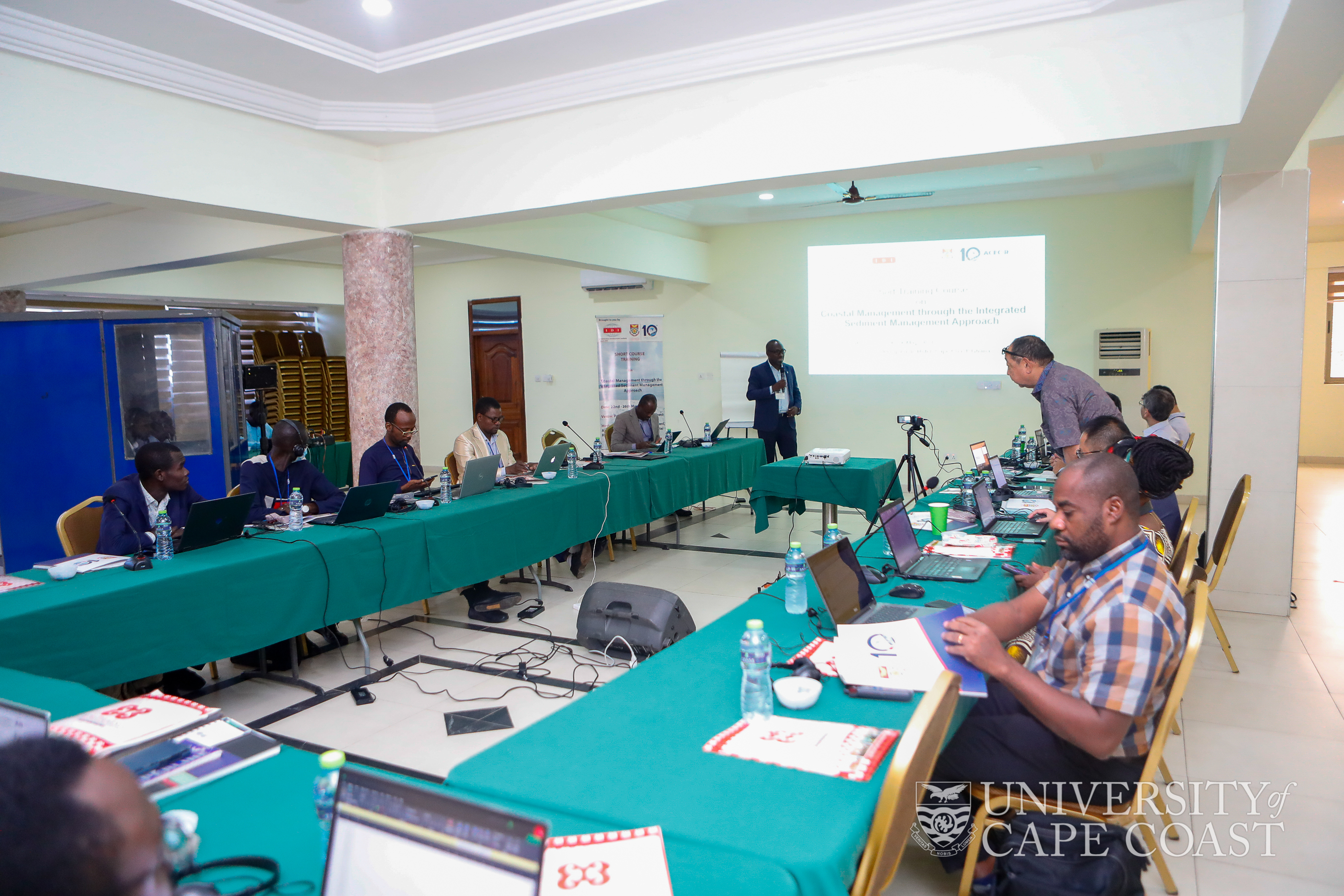

Last modified
